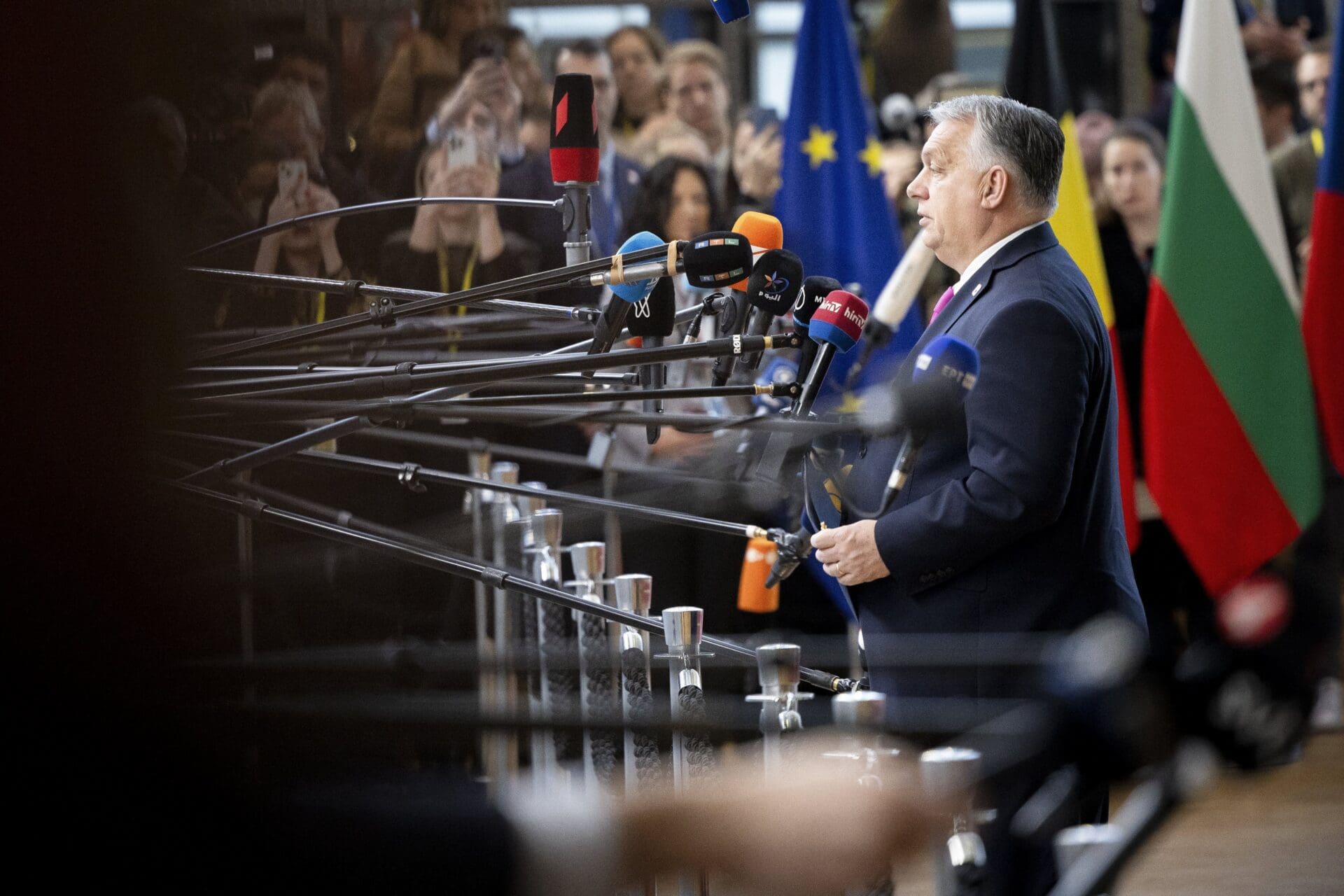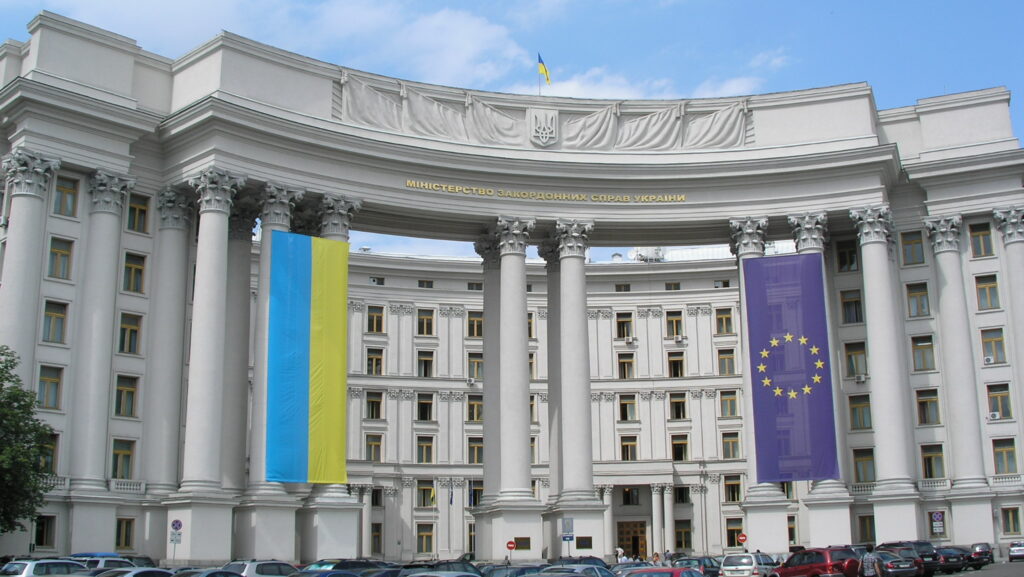POLITICO has recently run an interesting analysis of Prime Minister Viktor Orbán of Hungary. As they observe, we are now facing ‘a new type of Eurosceptic’ in him.
As they point out, the main ambition of the previous anti-EU movements has always been to take their respective countries out of the Union. The most notable example of that would be Nigel Farage’s Brexit campaign, which culminated in a referendum where the people of the United Kingdom actually voted to leave the EU in June 2016.
However,
Viktor Orbán has very different plans for Brussels: instead of leaving it, he wants to reform it.
The article cites his end-of-the-year interview from 2023, published on the Prime Minister’s official website. The editorial staff of the PM’s website titled its English version ‘We Must Tidy Up in Brussels’. POLITICO also references PM Orbán’s speech during the 15 March national holiday celebrations, in which he said: ‘We must occupy Brussels and bring change to the European Union,’ as per their translation. We here at Hungarian Conservative opted for the translation ‘We must take control of Brussels!’ when covering the same speech, which takes the connotations of military action out of it.
‘In the Hungarian leader, the EU faces a new type of Euroskeptic, one who doesn’t want to leave the bloc but instead shape it, putting his stamp on policies from support to Ukraine to the fight against climate change to migration,’ POLITICO describes PM Orbán’s approach to relations between his country and the Brussels leadership.
Hungary is about to take the rotating presidency of the Council of the EU in July, which will be likely preceded by a populist right-wing surge in the European Parliamentary elections in June.
According to POLITICO’s own polling aggregate, leftist progressive groups Renew Europe and the Greens/European Free Alliance currently stand to lose a slew of seats. Renew is currently projected to win 80 delegates, which would be a net loss of 22 for them from their current 102; while the Greens are projected to win 45 seats in June, down 27 from their current 72 seats. The centre-right European People's Party Group is still expected to be the largest group in the EP after June, although with 175 seats (a net loss of three), followed by the Progressive Alliance of Socialists and Democrats holding steady with 139 mandates. The big winners of the elections are projected to be the right-wing Identity and Democracy group, standing to gain 28 seats, bringing their total to 87 from the current 59. Another right-wing group, European Conservatives and Reformists, is also posed for gains, picking up eight seats (moving to 76 from 68) as per the polling aggregate.
In a political climate like that, the Hungarian government will have a much easier time pushing through his agenda as the President of the EU Council.
It has already made considerable headway among the EU bureaucrats: the European Commission has approved the unlocking of €10.2 billion of Hungary’s frozen EU funds in December 2023. The country has also received additional funding from Brussels through the REPowerEU programme aiming to aid member states to transition to green energy.
POLITICO also reports that the Orbán administration has made sizable investments into their infrastructure in Brussels in preparation for the EU Council presidency, which includes the complete renovation of an 18th-century mansion in downtown Brussels to house additional Hungarian diplomats and office workers in the Belgian capital—
there could not be any clearer indication that Hungary is here to stay and a potential ‘Huxit’ is the furthest thing in the Orbán administration’s mind.
In addition, the right-wing conservative think tank, research centre, and training centre Mathias Corvinus Collegium (MCC), based in Budapest, Hungary, opened its campus in Brussels in November 2022, and has been ‘offering an unapologetically conservative take on EU affairs as it seeks to disrupt the Brussels think tank circuit’ since, as POLITICO puts it.
Laurentiu B . 🇪🇺 on Twitter: "Occupy Brussels! Viktor Orbán's plan for Europe.In the Hungarian leader, the EU faces a new type of Euroskeptic, one who doesn't want to leave the bloc but shape it. https://t.co/m9QBKa2pJw / Twitter"
Occupy Brussels! Viktor Orbán's plan for Europe.In the Hungarian leader, the EU faces a new type of Euroskeptic, one who doesn't want to leave the bloc but shape it. https://t.co/m9QBKa2pJw
The piece also quotes Zsuzsanna Szelényi, a former Fidesz MP turned critic, who claims that PM Orbán is in the position to attempt to influence international politics because he has no serious opposition domestically. The Fidesz–KDNP coalition has won four elections in a row with a constitutional supermajority, the latest in the spring of 2022 amidst the post-COVID and the Russo-Ukrainian crises. This is a luxury no other right-wing government in any other European country has. While Péter Magyar, another former pro-government actor, has been drawing huge crowds in the capital city of Budapest lately, there is no evidence that he would be a newly emerged serious electoral threat to Fidesz that would change the status quo.
Related articles:








